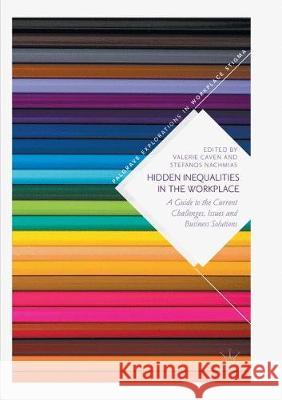Hidden Inequalities in the Workplace: A Guide to the Current Challenges, Issues and Business Solutions » książka
topmenu
Hidden Inequalities in the Workplace: A Guide to the Current Challenges, Issues and Business Solutions
ISBN-13: 9783319866796 / Angielski / Miękka / 2018 / 341 str.
Hidden Inequalities in the Workplace: A Guide to the Current Challenges, Issues and Business Solutions
ISBN-13: 9783319866796 / Angielski / Miękka / 2018 / 341 str.
cena 483,04
(netto: 460,04 VAT: 5%)
Najniższa cena z 30 dni: 462,63
(netto: 460,04 VAT: 5%)
Najniższa cena z 30 dni: 462,63
Termin realizacji zamówienia:
ok. 16-18 dni roboczych.
ok. 16-18 dni roboczych.
Darmowa dostawa!
Kategorie:
Kategorie BISAC:
Wydawca:
Palgrave MacMillan
Seria wydawnicza:
Język:
Angielski
ISBN-13:
9783319866796
Rok wydania:
2018
Wydanie:
Softcover Repri
Ilość stron:
341
Oprawa:
Miękka
Wolumenów:
01











